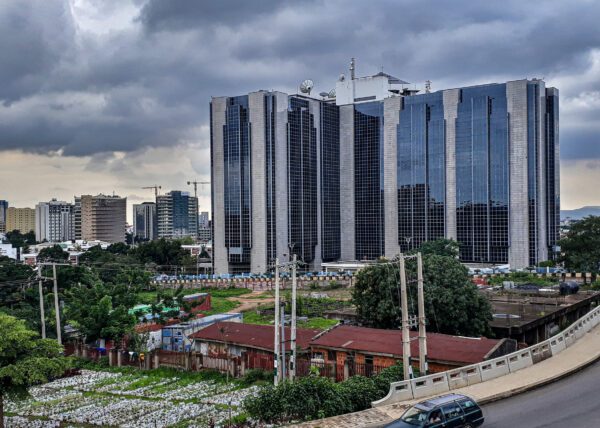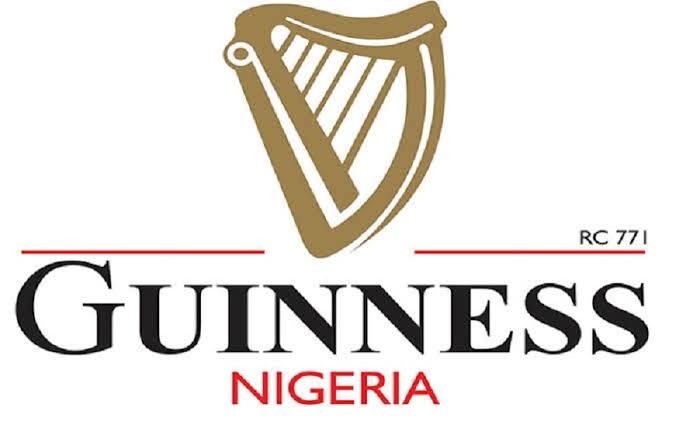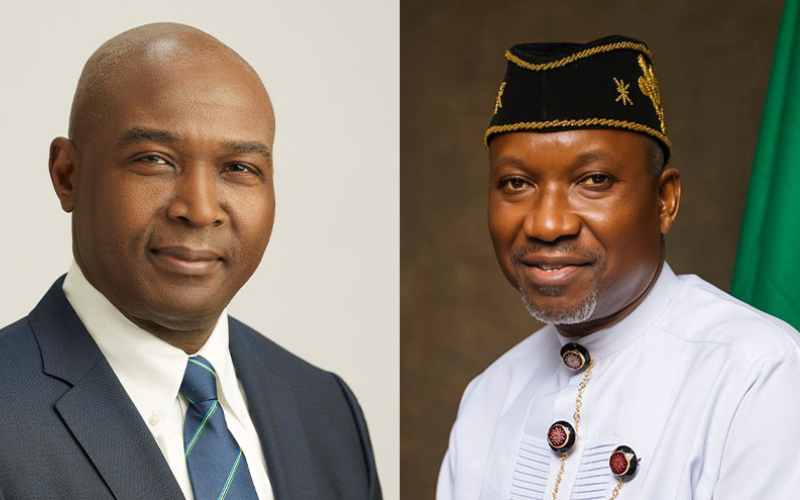When politicians fall from grace, it is often not their accumulated wealth, lofty titles, or long years of service that sustain them, but the people who rally to their defence.
Yet in Ghana’s political culture, especially within the opposition New Patriotic Party (NPP), solidarity in times of scandal appears to depend less on integrity and more on who benefited from one’s generosity sponsored by state largesse while in power.
A poignant reflection shared by NPP activist and communicator, Awal Mohammed, has reignited debate about loyalty and political patronage within the opposition party.
In a Facebook post dated 26th October 2025, Awal recalled his late father’s advice: “Don’t think about the amount of money in your account or the properties you accumulate; always think about the people who will surround you when you’re in trouble.”
Awal’s reflection comes as three former NPP appointees; Osei Asibey Antwi, Gifty Oware, and Abdul-Wahab Hanan Aludiba, face trial over allegations of corruption and theft of public funds in excess of billions of Ghana Cedis.
Yet the reactions from party members to their legal troubles tell different stories about how solidarity is earned in NPP politics at the expense of the state.
Awal argues that despite Osei Asibey Antwi’s long record of public service, having served as Ashanti Regional Vice Chairman, Deputy Regional Minister, Kumasi Mayor, and most recently Executive Director of the National Service Authority, his current predicament has attracted little sympathy from within the NPP.
Awal wonders why a man who worked so closely with the grassroots now faces silence from the very quarters that once celebrated him.
Similarly, Gifty Oware, a former Deputy Executive Director of the National Service Secretariat and one-time aspirant for National Youth Organiser, appears to be receiving only lukewarm support. Having served eight years in a youth-focused institution, many expected her to enjoy the backing of young party members.
According to Attorney-General and Minister of Justice, Dominic Ayine, Asibey Antwi and Gifty Oware-Mensah presence at National Service Authority led to over GHC2.2 billion siphoned through ghost names and procurement schemes.
The real contrast, however, lies in the case of Abdul-Wahab Hanan Aludiba. Although he was never a party executive and was largely unknown within NPP circles before assuming public office, his name now attracts a groundswell of solidarity.
Scores of NPP communicators, social media activists and serial callers have publicly declared their support for him and even organised prayer sessions for his well-being.
According to Awal, Hanan who again according to the Attorney-General faces alleged theft of GHC78 million together with his wife Faiza Wuni, earned his goodwill by investing heavily in party footsoldiers while serving at Buffer Stock during Akufo-Addo administration.
Delving into the Buffer Stock scandal, the A-G detailed how Mr Abdul-Wahab, who served as CEO from 2017 to 2024, colluded with his wife and NAFCO staff to orchestrate the alleged theft of GH¢78.269 million.
He explained that the couple allegedly used seven entities, Alqarni Enterprise, Aludiba Enterprise, Energy Partners Limited, Fa-Hausa Ventures, Fa-Hausa Company Limited, Aludiba Foundation, and Sawtina Enterprise, as vehicles to receive and launder the proceeds of crime.
“My fellow countrymen and women, I called the criminal enterprise operated by Mr Abdul-Wahab and his collaborators at the Buffer Stock ‘the Rumble in the Jungle’ not only because of the huge amount of money at stake but because of the fact that while food suppliers were wailing and gnashing their teeth due to failure to pay them, and while our school kids were being denied nutrition Mr Abdul-Wahab and his collaborators were busy lawlessly looting funds meant for the Programme.
That is jungle behaviour,” the A-G stated emphatically.
A key conduit in the scheme was Sawtina Enterprise, a company allegedly owned by NAFCO’s Northern Sector Manager, James Atieku-Apawu, which in itself put him in a conflict of interest situation.
Dr Ayine revealed that while Sawtina received GH¢78.2 million from the Buffer Stock for purported food supplies, only GH¢27.4 million was backed by genuine supplies.
“The bulk of the payments, about 98 per cent of the GH¢78.2 million, were instantly re-transferred to Alqarni Enterprise, Fa-Hausa Ventures and other entities owned and controlled by or affiliated to Hanan Abdul-Wahab and Faiza Seidu Wuni,” the A-G said.
Lavish properties
The alleged ill-gotten wealth, according to Dr Ayine, was lavishly spent on high-end real estate across the country.
The assets traced and frozen by the state include a five-bedroom house purchased for $1.6 million, a three-bedroom house in Cantonments bought for $600,000, and a luxury three-plot development at Finali’s Airport site, now valued at approximately $2.5 million.
Others are a 17-bedroom boutique hotel in Tamale operating under a Villa Monticello franchise, multiple residential and commercial properties in Accra and Tamale, as well as a government land in Accra.
The state has also frozen a fixed deposit of GH¢10 million belonging to Mr Abdul-Wahab, several vehicles, and over 61 luxury handbags.
The Attorney-General affirmed the government’s resolve to hold public officers accountable, stating that the evidence gathered by the Economic and Organised Crime Office (EOCO) was overwhelming.
However, Awal recalls how around 2020, Hanan personally sponsored a workshop for over 100 serial callers and social media communicators from across Ghana. He covered their accommodation and transport costs and provided them with allowances, gestures that have not been forgotten.
“I wasn’t paid a dime for facilitating that event,” Awal noted, “but I was impressed by how he treated the footsoldiers. If all appointees had done that, our communicators would be better off.”
Indeed, Hanan’s support reportedly extended beyond Accra. His influence is said to be deeply felt in his native Upper East Region, particularly in Bawku and Pusiga, where many still speak of his generosity.
The lesson, Awal suggests, is clear: “If you get a political appointment, do your best to support people. Even if you’re guilty, they’ll sympathise with you. If you’re innocent, they’ll stand by you.”
His observation, though candid, raises uncomfortable questions about the moral fabric of Ghana’s politics, where loyalty is seemingly bought through patronage rather than earned through principle.
It also underscores how the culture of “footsoldier politics” blurs the lines between public service, corruption and personal benefaction.
Strangely, similar arguments of “eating alone” were made against Cecilia Dapaah, President Nana Akufo-Addo’s former Minister of Sanitation, when cash in various currencies was stolen from her home by her domestic staff, their parents and lovers.
She did not benefit from the NPP’s solidarity machinery rising to defend her or to explain the source of the millions of dollars reportedly kept in her residence.
For now, all three former appointees remain innocent until proven guilty by a court of competent jurisdiction.
But according to Awal, the varying degrees of solidarity they enjoy serve as a mirror of the political realities that shape loyalty in Ghana.
In a system where generosity often substitutes for integrity, it seems that how you spend may matter more than how you serve and the legacy you leave behind.
This also begs the question: how many people have stolen state funds and used part of it to buy loyalty, cover their tracks, and avoid detection or prosecution?
The post How ‘stolen’ State cash wins footsoldiers’ loyalty in NPP politics appeared first on The Herald ghana.






